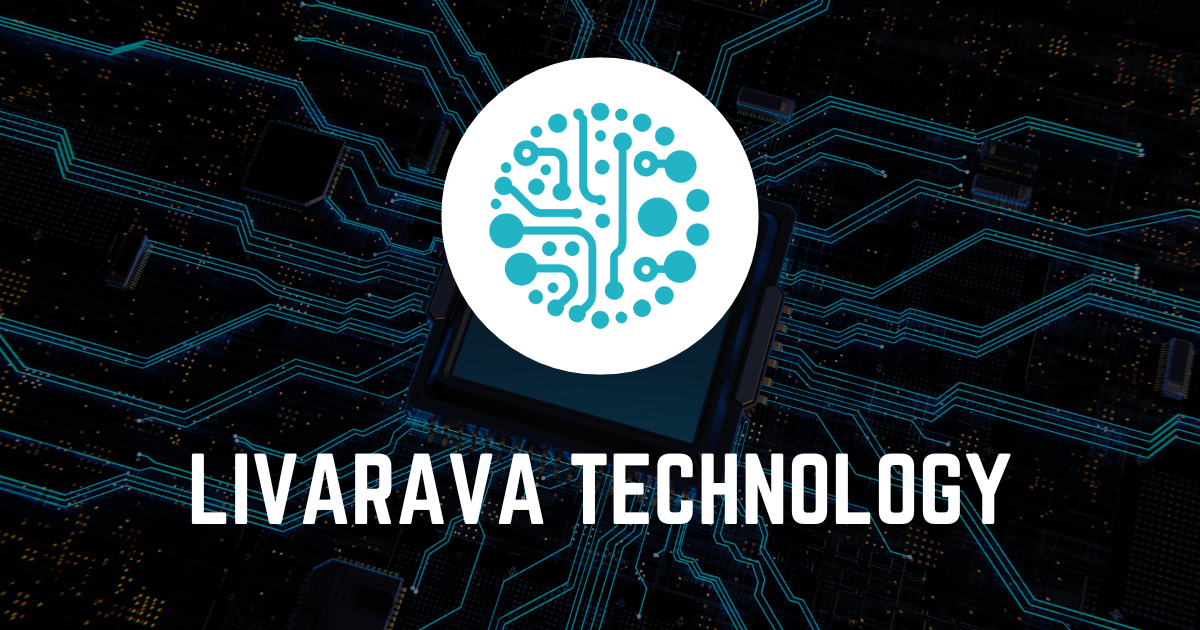Exploring the Capabilities and Limitations of Amazon's Rufus AI Shopping Assistant

Introduction
Amazon's Rufus is an innovative AI shopping assistant designed to enhance the e-commerce experience. However, as users engage with Rufus, they've discovered both strengths and limitations.
Strengths of Rufus
- Specific Product Queries: Rufus performs well when handling direct inquiries about specific products.
- Suggested Queries: The assistant can generate relevant product suggestions based on user prompts.
Limitations of Rufus
- Generalized Shopping Experiences: The AI struggles with broader shopping tasks, often leading to less relevant suggestions.
- User Expectations: Customers may be disappointed if they expect a complete shopping experience rather than focused assistance.
Conclusion
While Amazon's Rufus shows promise as a shopping assistant, users should recognize its limitations in handling more generalized requests. The journey of AI in e-commerce is ongoing, and continued improvements can enhance user experiences in the future.
This article was prepared using information from open sources in accordance with the principles of Ethical Policy. The editorial team is not responsible for absolute accuracy, as it relies on data from the sources referenced.